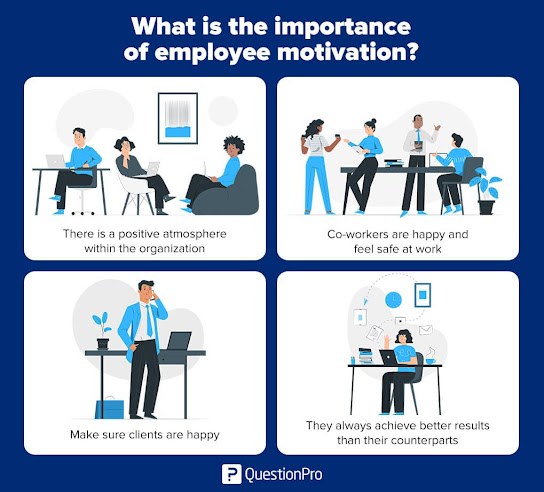CHANGE MANAGEMENT
What is change management?
Change management is a systematic and
structured process of developing and implementing strategies and interventions
for organizations transitioning from current state to a desired state (Wang.G.G
& Sun.J.Y 2012)
Change management is defined as the process of achieving
the smooth implementation of change by planning and introducing it
systematically, taking into account the likelihood of it being resisted (Armstrong,
2014)
Types of change
As per Armstrong, there are three types of change:
strategic, operational, and transformational.
Strategic change is concerned with broad, long-term
and organization-wide issues involving change. It is about moving to a future
state that has been defined generally in terms of strategic vision and scope.
It will cover the purpose and mission of the organization, its corporate
philosophy on such matters as growth, quality, innovation and values concerning
employees and customers, competitive positioning and strategic goals for
achieving and maintaining competitive advantage and for product-market development.
Operational change relates to new systems,
procedures, structures or technology that will have an immediate effect on
working arrangements within a part of the organization. But its impact on
people can be more significant than broader strategic change and it must be
handled just as carefully.
Transformational change takes place when there are
fundamental and comprehensive changes in structures, processes and behaviors
that have a dramatic effect on the ways in which the organization functions.
Change management concept and models (Hamdo.S.S, 2021).
- Adkar Model
- Kurt Lewin’s Change Management Model
- Kotter’s 8 Steps Change Management Model
- Mckinsey 7s Model
Impacts of Organizational Change on Employees
Change is an inevitable necessity for any business to be able
to level up. However, it is not always welcomed with open arms by employees.
Fear is a natural reaction that adjustments ignites and the mystery that comes
with change. The tough truth is that a business can never make take
step forward without making a transition. Below are some of the
most popular reasons why employees are rebellious (Tichy.G, 2020).
- Job Security Fears
- Poor Communication of impact of change
- Fear of Failure
- No Reward for the Employees?
- Bad Timing of Change
- Experience related to previous change.
Role of Human Resources Management in Change Management.
It’s just that we humans hate change, we like our security,
and we don’t want to live in a constant sense of danger. This is a huge
challenge for Human Resources staff. Simply put, Human Resources and Program
Managers are “destined” to work closely together. They have a shared interest
in making sure the change goes well, is implemented successfully, and that
employees get used to the change in their work and start using it every day.
Roles of HR in change management
- Change leader or owner,
- Change advisor,
- Change educator,
- Change participant,
- Change watchdog,
- Establishes change agenda,
- Recruitment roles,
- Training managers,
- Employee relations roles,
Conclusion
Organizational change inevitable due the environmental vulnerability in which they exist. Every organization must accept change to sustain. At the same time the organizations should manage its change properly to succeed the change itself. In case if the organization fails to manage the change process effective it will the key reason for the organizational downfall.
Reference
Wang.G.G & Sun.J.Y 2012, Change Management (Available
at) https://www.researchgate.net/publication/315745050_Change_Management
(Accessed on May 2023)
Armstrong, 2014. Armstrong’s handbook of human resource
management practice, (Available at) https://nscpolteksby.ac.id/ebook/files/Ebook/Business%20Administration/ARMSTRONGS%20HANDBOOK%20OF%20HUMAN%20RESOURCE%20MANAGEMENT%20PRACTICE/25%20-%20Change%20Management.pdf
(Accessed on May 2023)
Tichy.G, 2020. Impacts of Organisational Change on Employees
(Available at) https://www.stratecta.exchange/impacts-of-organisational-change-on-employees/
(Accessed on May 2023)
Image 1, Change Management (Available at) https://flevy.com/browse/marketplace/change-management-poster-5319
(Accessed on May 2023)
Hamdo.S.S, 2021. Change Management Models: A Comparative
Review (Available at) https://www.researchgate.net/publication/353390486_Change_Management_Models_A_Comparative_Review
(Accessed on May 2021)
Hrmhandbook.com (Available at) https://hrmhandbook.com/agenda/hr-challenges/change-management/ (Accessed on May 2023)





Comments
Post a Comment